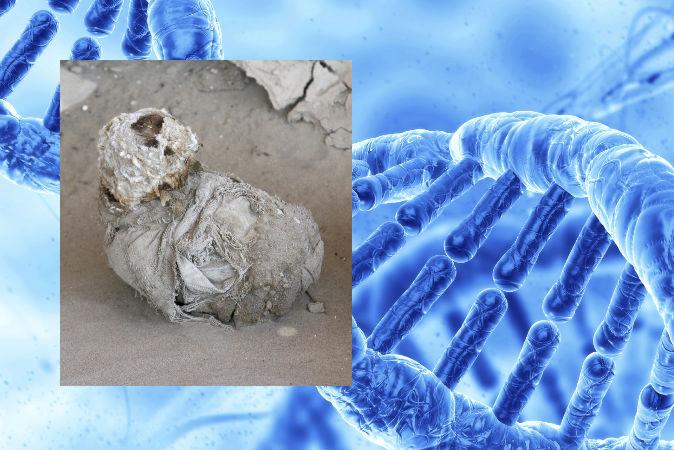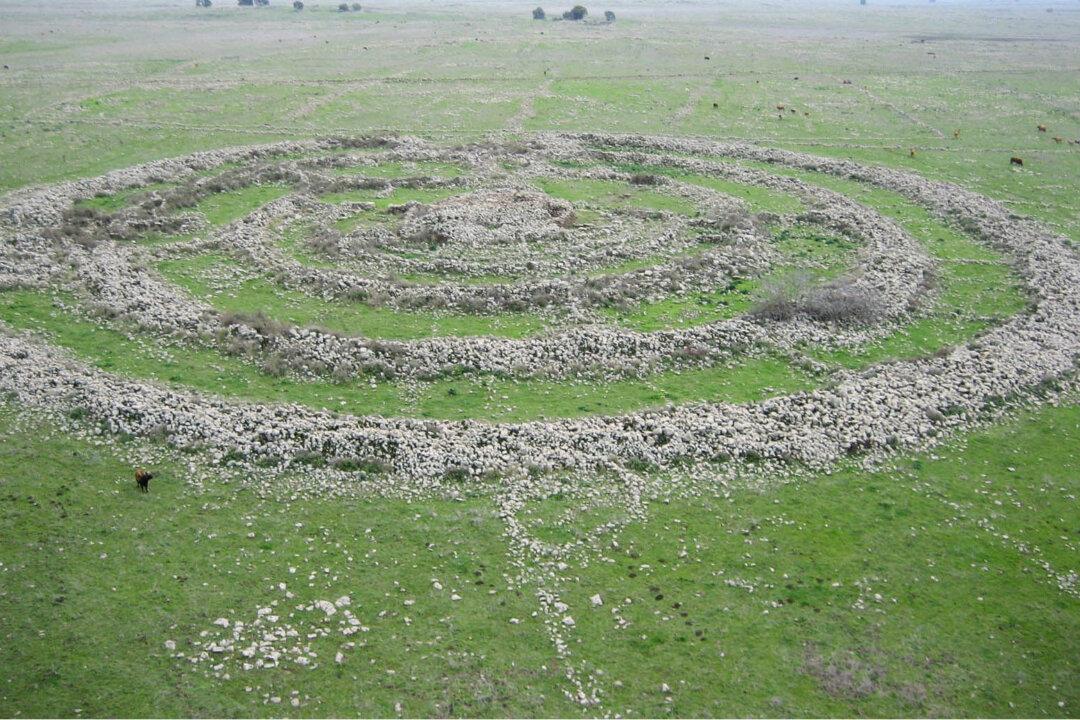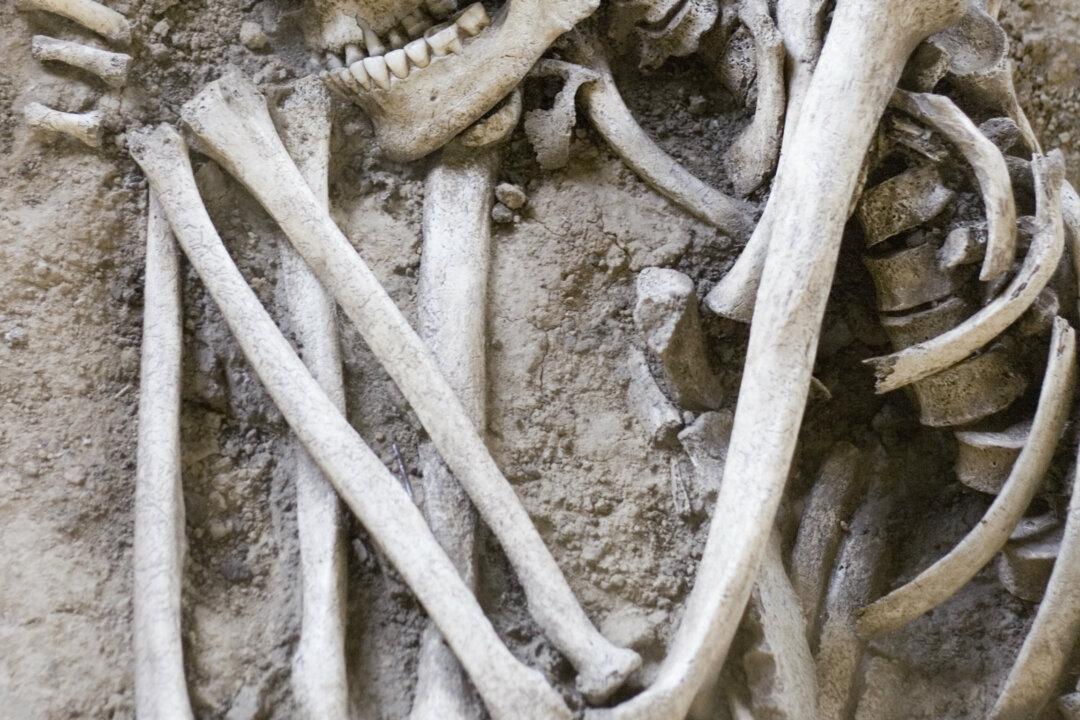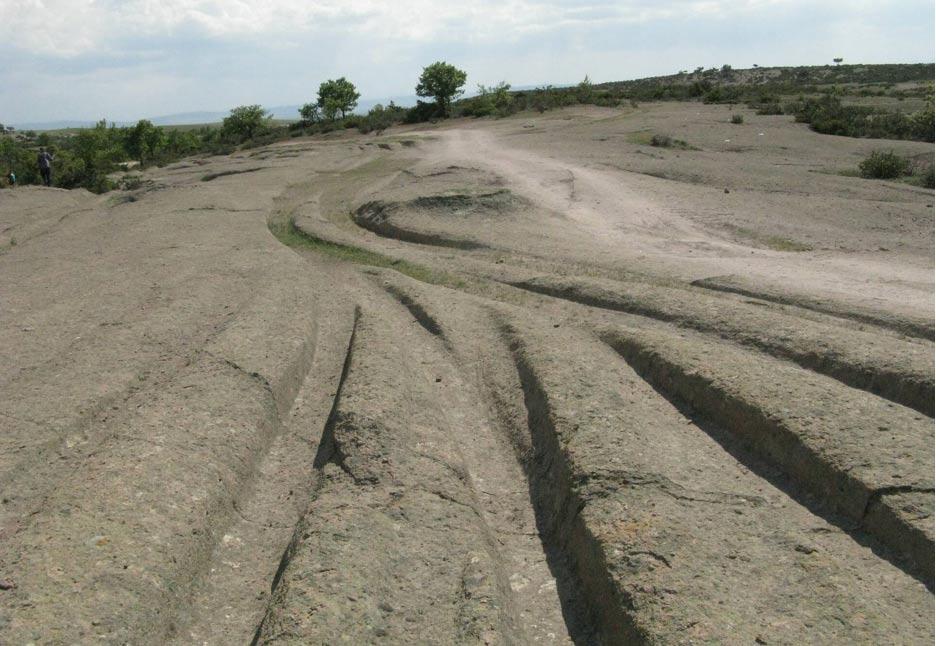A mummy uncovered at the ancient site of Cusco in Peru has surprised scientists with what was contained in its gut. Genes linked to antibiotic resistance have been found in the Pre-Columbian mummy’s colon. These gene mutations occurred naturally, long before the introduction of modern medical antibiotics.
An international team of scientists studied the 11th-century mummy, which was discovered in the ancient Inca capital of Cusco. Their research was directed at analyzing the microbiome of the remains, which were naturally preserved in the cool, arid climate of the Andes Mountains, as reported by Discovery News.
The mummy, identified as a woman who was between 18 and 23 years old at the time of her death, had been brought to Italy in the late 19th century, where it was donated to a museum and housed with 11 other mummies.
An autopsy revealed the young woman’s preserved heart, esophagus, and colon were enlarged, indicating she may have suffered from chronic Chagas disease, a dangerous parasite spread through bloodsucking insects called Triatominae, or “kissing bugs.” This parasite still plagues 6 million to 7 million people worldwide today.





